Description
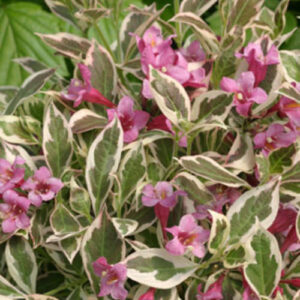 Weigela My Monet
Weigela My Monet
The optimum amount of sun or shade each plant needs to thrive: Full Sun (6+ hours), Part Sun (4-6 hours), Full Shade (up to 4 hours).
- SPRING
- SUMMER
FEATURES
Pink spring flowers and green and white variegated foliage all season long. Dwarf plant needs no pruning. Season long color. Dwarf. Deer resistant.
CHARACTERISTICS
PLANT NEEDS
Landscape
Great for use in landscapes as an edging plant, mixed in the perennial border or in a container (plant in ground in fall.)
Prefers well drained soil but is adaptable to many soil types. It is best to prune right after flowering ceases, but pruning is rarely needed. Slow growth rate. Will continue to flower sporadically on the current season’s growth. Medium moisture. Browning leaves in early fall are a result of the plant going into dormancy earlier than most weigela. This is a benefit letting the plant shut down earlier and prepare for winter. In southern states, plant in a partial shade location.
Like most variegated plants, occasional reversions to the original green form may occur. These should be pruned out as needed.
This dwarf masterpiece is a sport of Weigela florida ‘Tango’. It is the first dwarf variegated Weigela to be introduced. Its tight habit and colorful foliage make it very versatile. Variegation changes depending on light exposure – whiter variegation in shade and pink variegation in full sun. Possible applications include an artistic drift along the edge of an annual or perennial bed or as an accent piece in a container. My Monet creates poetic beauty in any landscape and adds a splash of color to semi shady areas.
Everyone who has seen this beauty falls in love at first sight. Use it like you would use Coleus, to add season long color, but don’t worry about replanting next spring. This little shrub comes back year after year.
My Monet has won numerous awards, including a Gold Medal from the Boskoop Royal Horticulture Society and a Gold Medal from Plantarium.
Absolutely love My Monet!! So much so, I’ve about bought all of the local nursery’s supply, mixing them into my perennial beds. Proven Winners are my plants and shrubs of choice. Marilee, OH.
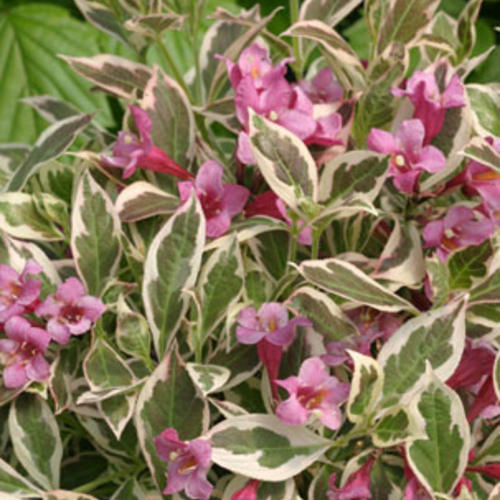
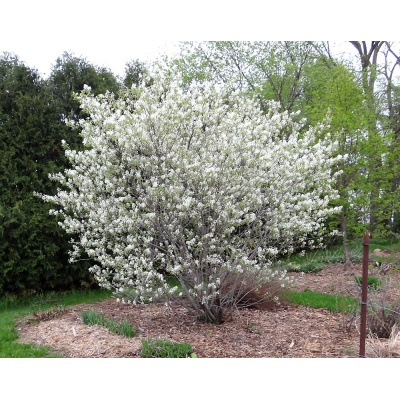
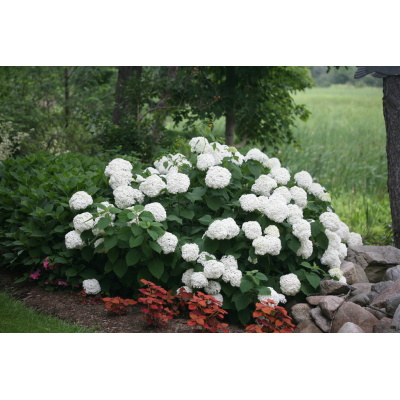
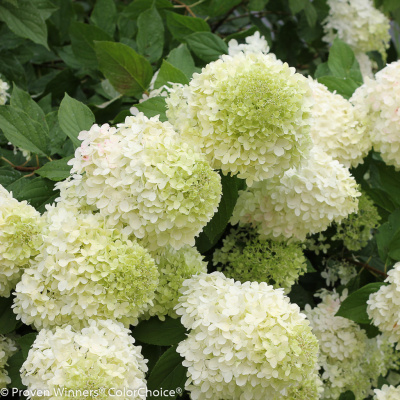
Reviews
There are no reviews yet.